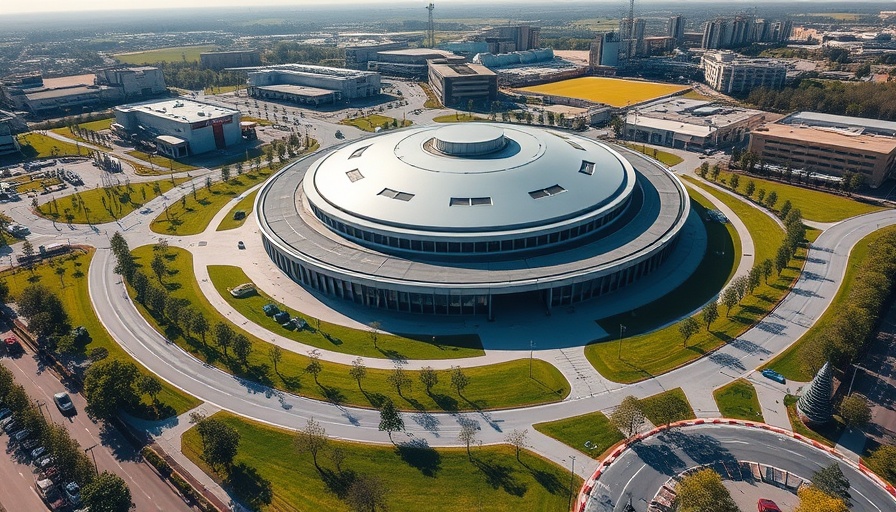
Hugh McColl: A Blueprint for Business Leadership
Hugh McColl, the former CEO of Bank of America, stands as a transformative figure in banking history. He led the bank through significant transitions, fostering vast growth and innovation during his tenure. In a recent video interview, McColl reflected on his life and what drives him today, sharing insights that resonate well beyond the financial sector.
A Legacy Built on Innovation
Under McColl's leadership, Bank of America expanded aggressively, acquiring several banks and repositioning itself as a national powerhouse. His approach exemplified the importance of adaptability in business. McColl's vision was rooted in understanding customer needs and leveraging technology—foreshadowing today's emphasis on tech-driven banking solutions. His strategies laid the groundwork for significant advancements within the industry, showcasing how thoughtful leadership paves the way for systemic change.
The Human Touch in Banking
While technology continues to reshape how we bank, McColl emphasizes the necessity of maintaining a human connection in financial services. He encourages modern leaders to prioritize sincere communication and empathy in customer interactions. As businesses evolve, retaining the fundamental values that foster trust will be crucial. This perspective around emotional intelligence in leadership highlights a balance between innovation and personal touch.
Facing Challenges with Resilience
Reflecting on his career, McColl did not shy away from discussing the challenges he's encountered. From economic downturns to shifts in regulatory environments, his journey illustrates the need for resilience. Each experience taught him lessons valuable not only for banking leaders but for anyone navigating the complexities of their careers. His resilience story emphasizes that setbacks can serve as catalysts for growth and learning.
Looking to the Future: Opportunities for Growth
McColl's insight into the future of banking aligns with today's trends emphasizing sustainability and ethical practices. As society becomes more conscious about the impact of business operations, he suggests that future leaders ought to embrace innovation with an eye on environmental stewardship and social responsibility. This perspective resonates with the growing call for corporate accountability, encouraging businesses to play an active role in creating positive societal impacts.
Inspiration for the Next Generation
McColl's story reminds us that impactful leadership is defined not only by professional achievements but also by personal growth and giving back. He encourages young leaders to embrace curiosity, learn continuously, and impact their communities positively. As we face a rapidly changing landscape, his words inspire us to leverage our positions not just for personal success, but to carve pathways for others as well.
As we reflect on McColl's legacy, it becomes evident that his approach combines innovation with humanity. In a world driven by technology, the blend of these elements will define the future of business leadership.
While navigating the pathways of professional development, consider McColl’s insights as a guide for your journey. Embrace change, prioritize connection, and be a force for positive change. The possibilities are endless when we lead with purpose.
 Add Row
Add Row  Add
Add 




Write A Comment